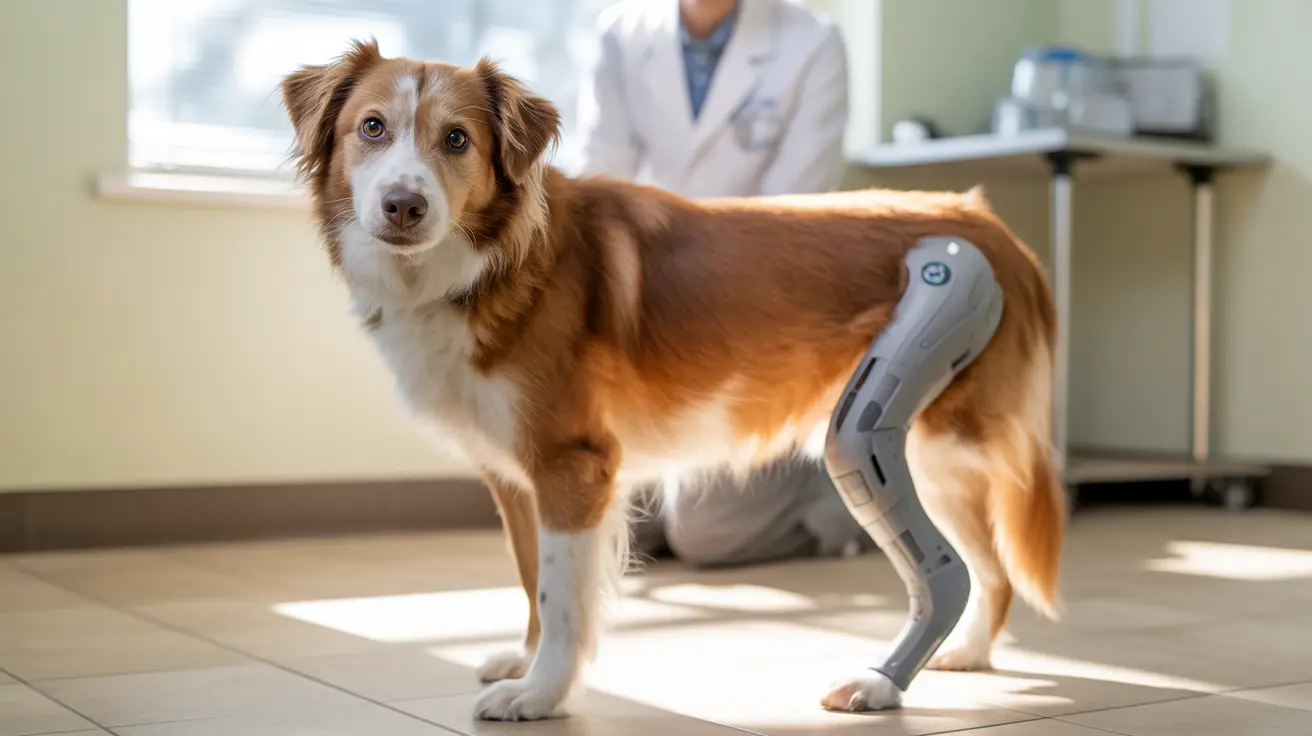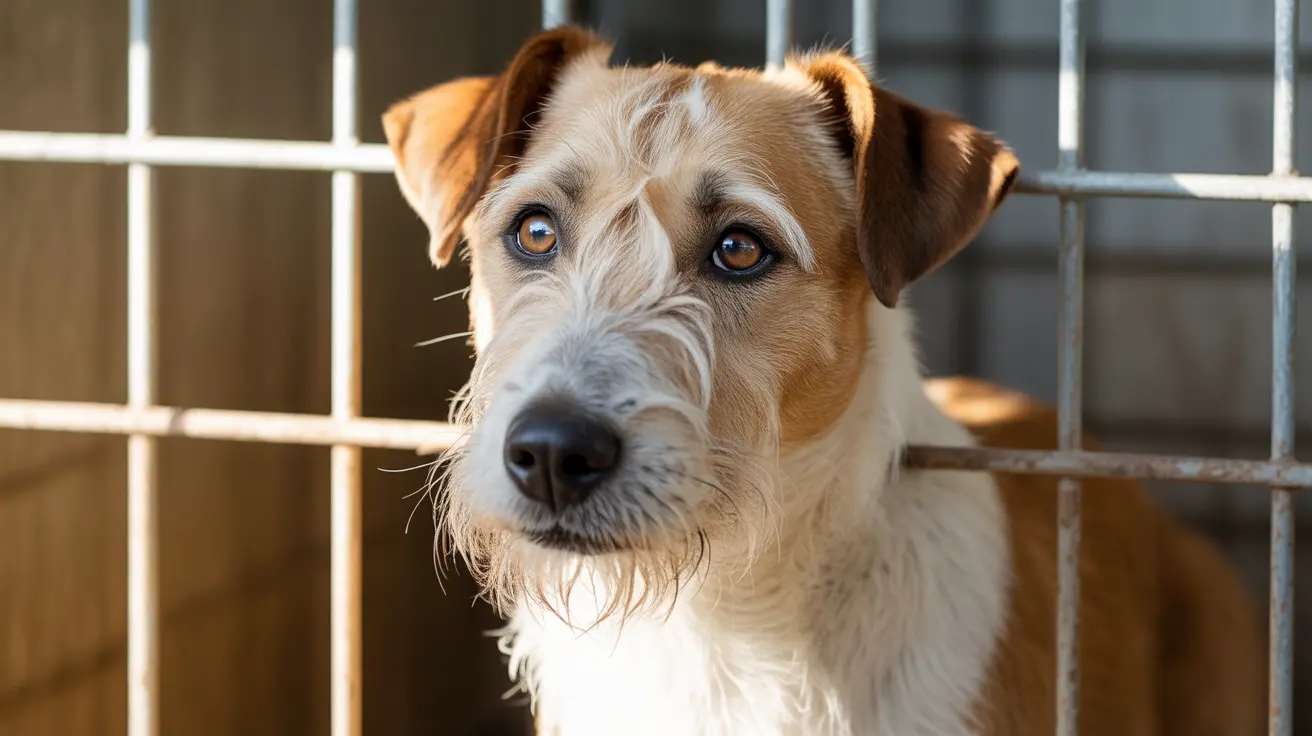Welcoming your puppy into adolescence is an exciting yet challenging time. At 6 months old, your puppy is entering a crucial developmental stage marked by rapid physical growth, behavioral changes, and increasing independence. Understanding how to navigate this transformative period is essential for raising a well-adjusted adult dog.
This comprehensive guide will walk you through everything you need to know about caring for your 6-month-old puppy, from nutrition and exercise requirements to training strategies and health considerations. Let's explore how to set your growing companion up for success during this important life stage.
Physical Development and Growth Milestones
At 6 months, puppies experience significant physical changes. Their body proportions begin shifting toward adult configurations, with noticeable muscle development and improved coordination. Many puppies will have reached about 75% of their adult height by this stage, though exact growth rates vary by breed.
Large and giant breeds will continue growing for several more months, while smaller breeds may be nearing their adult size. During this period, it's crucial to monitor your puppy's growth rate and body condition to ensure healthy development.
Nutrition and Feeding Guidelines
Proper nutrition remains crucial for your 6-month-old puppy's development. Continue feeding high-quality puppy food specifically formulated for their size and breed. Most puppies at this age do well with two to three meals daily, spaced evenly throughout the day.
Portion control becomes increasingly important as growth rates begin to slow. Work with your veterinarian to adjust portions based on your puppy's specific needs, activity level, and body condition score to prevent obesity or growth issues.
Exercise and Activity Requirements
Your 6-month-old puppy needs structured exercise to channel their increasing energy levels appropriately. Aim for two daily walking sessions, complemented by interactive play and training. However, avoid high-impact activities or excessive exercise that could strain developing joints.
Mental stimulation is equally important. Incorporate puzzle toys, training games, and varied environmental experiences to keep your puppy engaged and prevent destructive behaviors born from boredom.
Training and Behavioral Development
Adolescence brings new training challenges as puppies test boundaries and express increased independence. Maintain consistent training routines, focusing on reinforcing basic commands and introducing more advanced skills. Patience is key during this period, as temporary regression in learned behaviors is common.
Positive reinforcement remains the most effective training approach. Reward good behavior generously and redirect unwanted behaviors to appropriate alternatives. Consider enrolling in advanced training classes to help navigate this challenging phase.
Health Care and Veterinary Needs
By 6 months, most puppies should be completing their initial vaccination series. Schedule regular veterinary check-ups to monitor growth, discuss spaying or neutering options, and maintain preventive care routines. Continue monthly parasite prevention treatments for comprehensive protection.
Watch for signs of teething, as many puppies are still completing their adult dentition at this age. Provide appropriate chew toys and begin regular dental care routines to promote good oral health.
Frequently Asked Questions
How much exercise does a 6 month old puppy need each day?
Most 6-month-old puppies need 30-60 minutes of structured exercise daily, split into two sessions. This should include walks, playtime, and training activities, adjusted based on breed and energy level.
What should I feed my 6 month old puppy and how often?
Feed high-quality puppy food 2-3 times daily. Portion sizes depend on breed size and activity level. Continue puppy-specific food until 12-18 months of age, depending on breed size.
Why is my 6 month old puppy suddenly acting out or regressing in training?
This is normal adolescent behavior as puppies test boundaries and experience hormonal changes. Maintain consistent training, increase positive reinforcement, and stay patient during this temporary phase.
How long can a 6 month old puppy hold their bladder?
Most 6-month-old puppies can hold their bladder for 6-7 hours during the day and throughout the night. However, regular bathroom breaks every 4-6 hours are still recommended.
How do I continue socializing my 6 month old puppy safely and effectively?
Continue exposing your puppy to new experiences, people, and environments in controlled, positive situations. Focus on quality interactions rather than quantity, and always monitor for signs of stress or overstimulation.
Remember, every puppy develops at their own pace, and breed differences can significantly impact growth and maturity timelines. Stay consistent with training, maintain regular veterinary care, and enjoy this exciting stage in your puppy's development.






